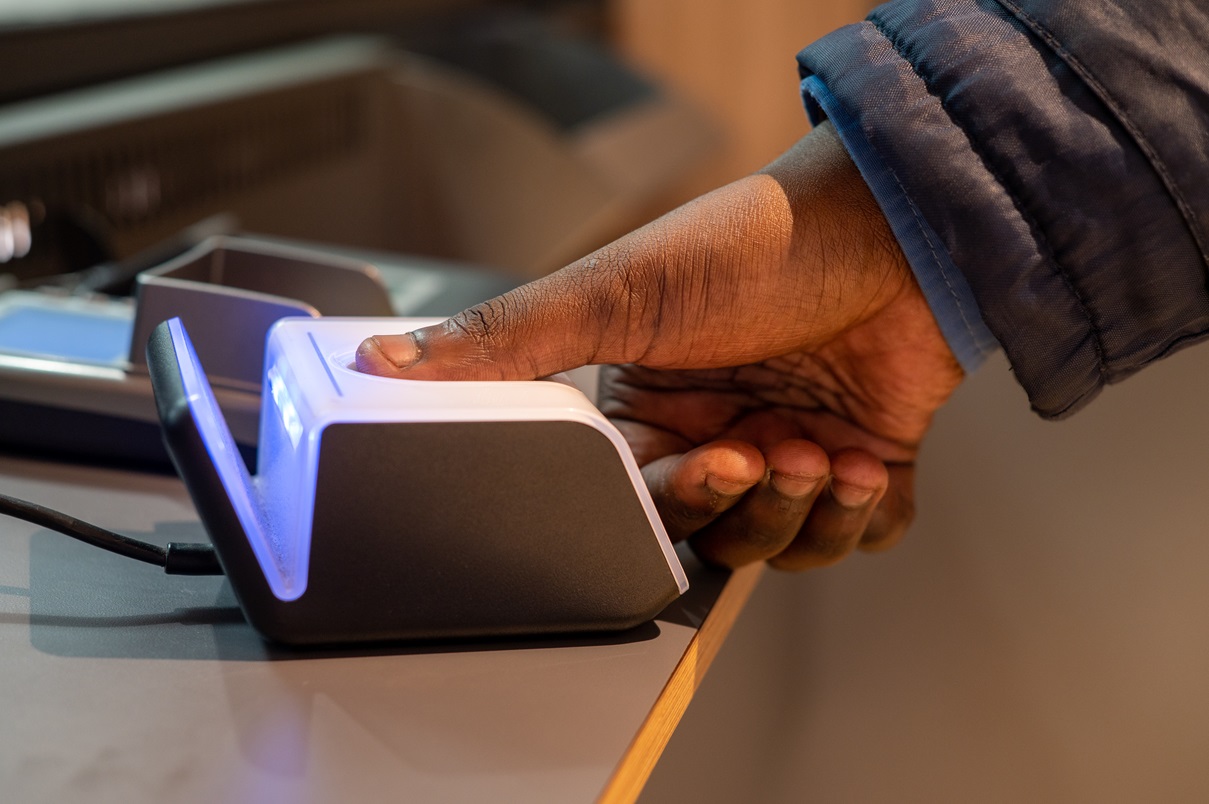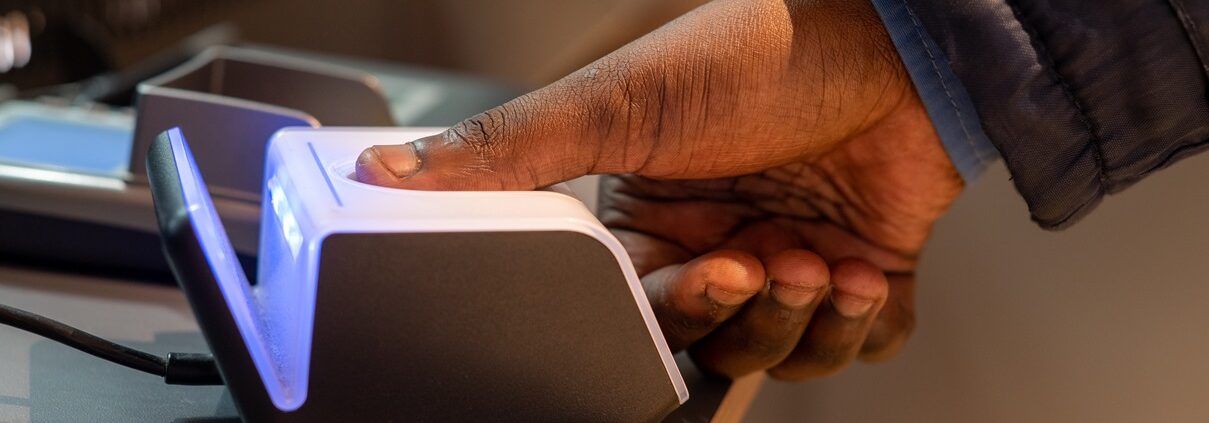The Benefits of Biometrics for Firefighters

All medical professionals and patients can benefit from biometrics as it simplifies the assessment and treatment process. When looking at the context of specific patients who can take advantage of this technology, firefighters are one of the frontrunners.
First responders have to handle life-threatening and property-damaging situations. They face peril and complications throughout the majority of their career. To make sure firefighters are safe and sound, it’s a necessity to have biometrics.
Biometrics’ Reputation in Health
Biometrics in health is primarily known for cybersecurity. Two-factor authentication through its unique recognition of individuals and their physical characteristics like their fingerprint or facial structure helps with identification and accessibility. However, developments in biometric technology soon recognized how these devices can take on more biological measurements.
Due to the accuracy of calculations, biometrics has become highly regarded by many health professionals. Integrating this technology can lessen medical errors and maximize patient comfort throughout treatment. Extending its use to more dangerous societal roles like firefighters can bring benefits.
How Biometrics Benefit Firefighters
Look at biometrics as potential equipment for a firefighter. Although it seems like there’s a disconnect, it’s simple to connect the dots to understand how this technology can protect and secure a patient’s life.
Track Position During Crisis
Firefighters have to respond to fire emergencies and prevent them from spreading into communities. There were only about 676,900 volunteer firefighters in the U.S. in 2020, a record low from previous years. With fewer firefighters available, communities tend to suffer. Fewer firefighters overall means that the firefighters still in service need to optimize their processes as much as possible.
In a frenzy to address a fire crisis, the few firefighters available may fail to report their presence and position on site. Luckily, biometrics systems can assist with identifying and tracking emergency responders on the field. Authentication when accessing this data also makes location and other sensitive information more secure.
Constant Monitoring of Vitals
Another problem most firefighters face is the possibility of injuries or fatalities during emergency situations. Exposure to heat and smoke from fires can take quite a toll on their bodies. Using biometrics helps responders monitor their own personal temperature, heart rate, blood pressure and oxygen saturation.
During these accident cases, a fire chief and supervisor may be on-site to monitor the situation. Firefighters can use biometrics to transfer medical data from a remote monitoring device to their leader’s device. If something happens, they can be notified to assist or advise.
Real-Time Recognition of Exhaustion
Although firefighters are mainly known for fire suppression, they are also responsible for other operations. For example, they set up roadblocks to prevent traffic and fire accidents. They also assist in search and rescue operations when someone goes missing in the community. Having so many tasks can lead to plenty of exhaustion.
Biometrics can be incredibly useful in emergency services, but they are also good for non-urgent situations. Firefighters should recognize when their bodies are tired and need rest. The biological measurements that biometric technology takes can be a good indicator of those points. Once alerted, they can condition their bodies and avoid risking their health.
Immediate Medical Attention
Firefighters experiencing a fast heart rate or a spike in temperature can rely on medical professionals and get treatment. Use biometrics to monitor how a responder is doing. If a particular metric seems off, provide medical attention as soon as possible to prevent their condition from getting any worse.
Biometric technology can also help health professionals stay on standby for first responders. Heat stress and smoke inhalation can trigger immediate effects, but there are also long-term conditions like lung irritation and more. Stay vigilant for the first two days after a fire crisis to determine whether they recover fully.
For more non-critical situations, biometrics can still provide a good patient relationship between firefighters and medical professionals. The information can provide a good background on a first responder’s health. Coordinate on checkups to discuss how to prevent other complications from rising in the future.
Considerations with Biometrics for Firefighters
Biometrics can be quite a helpful tool for aiding firefighters in maintaining their health. However, several improvements can still be made with this technology. For instance, the wearability and accuracy of these devices still have to be explored.
Firefighters usually wear multiple PPE gear depending on the task. A full face mask, fire-safe gloves and a heat-resistant suit can make it difficult for biometric devices to capture the biological information they’re programmed to take. Logistics need to be considered for proper measurement.
There’s also the case for medical security. While biometric systems can secure medical data, attackers may still bypass the safeguards and access the information. Develop the security aspect further to protect a firefighter’s privacy.
Equip Firefighters with Biometrics
Biometrics can still be improved, but its current state is still helpful to firefighters. Medical professionals should strive to recommend this technology to people in this career to safeguard their health and well-being in the long run.





Leave a Reply
Want to join the discussion?Feel free to contribute!